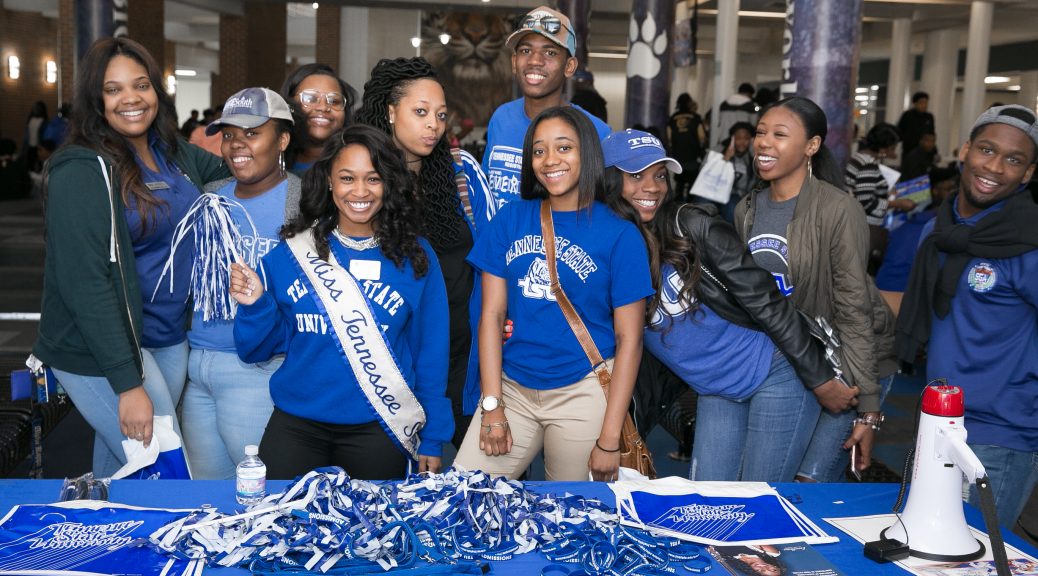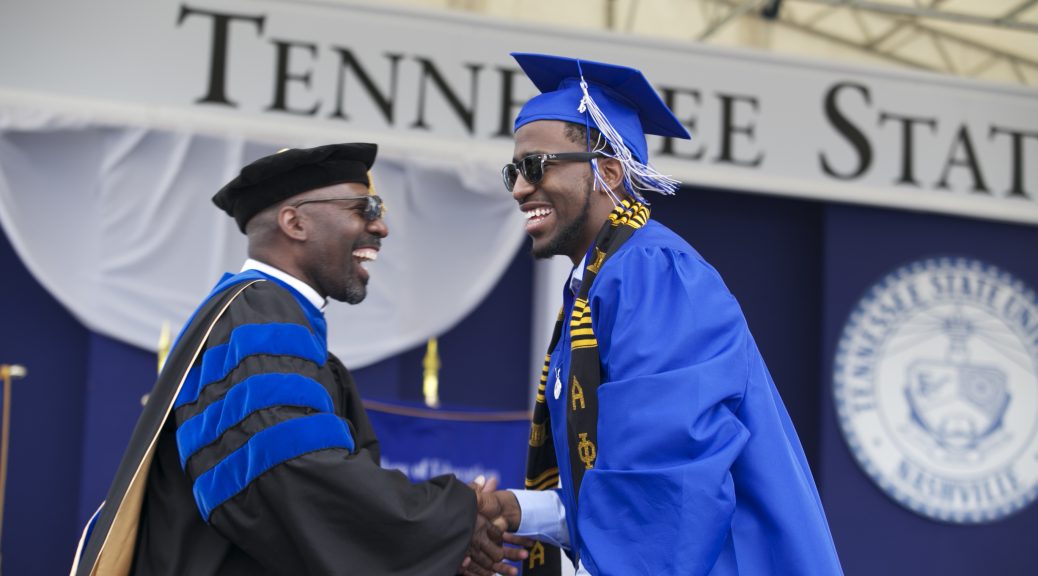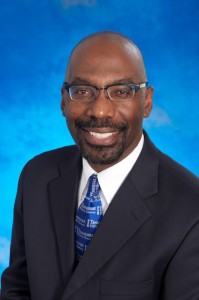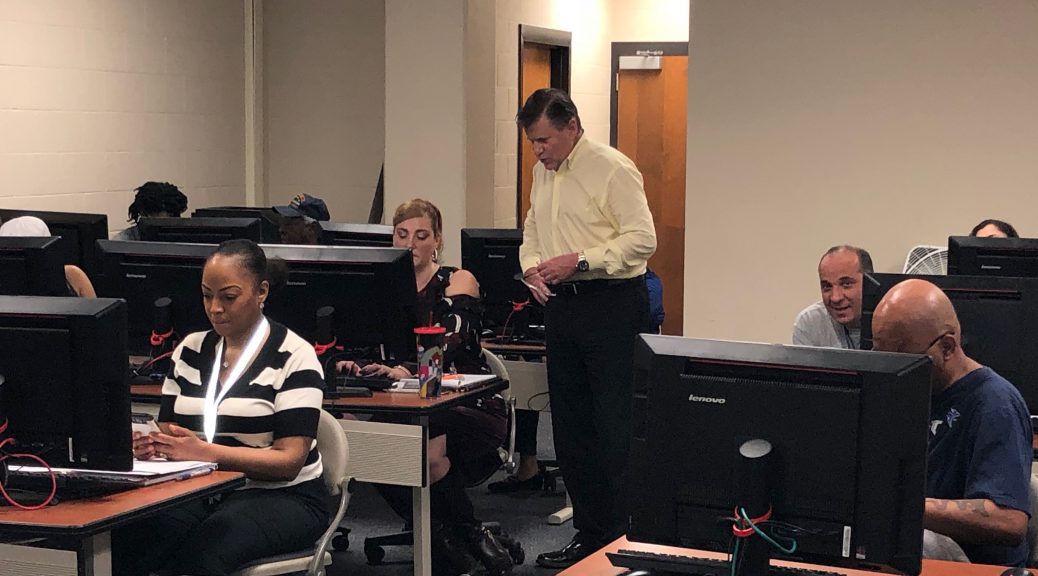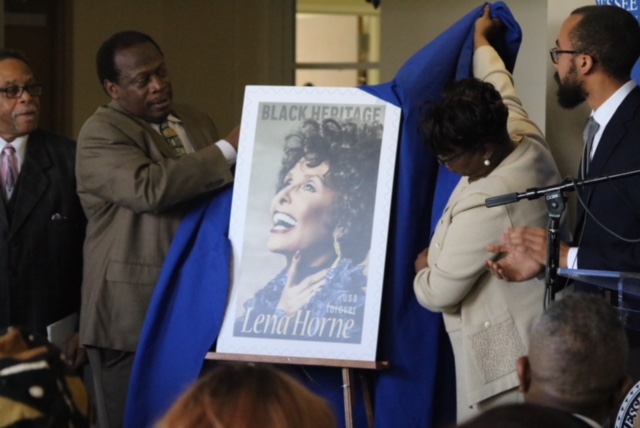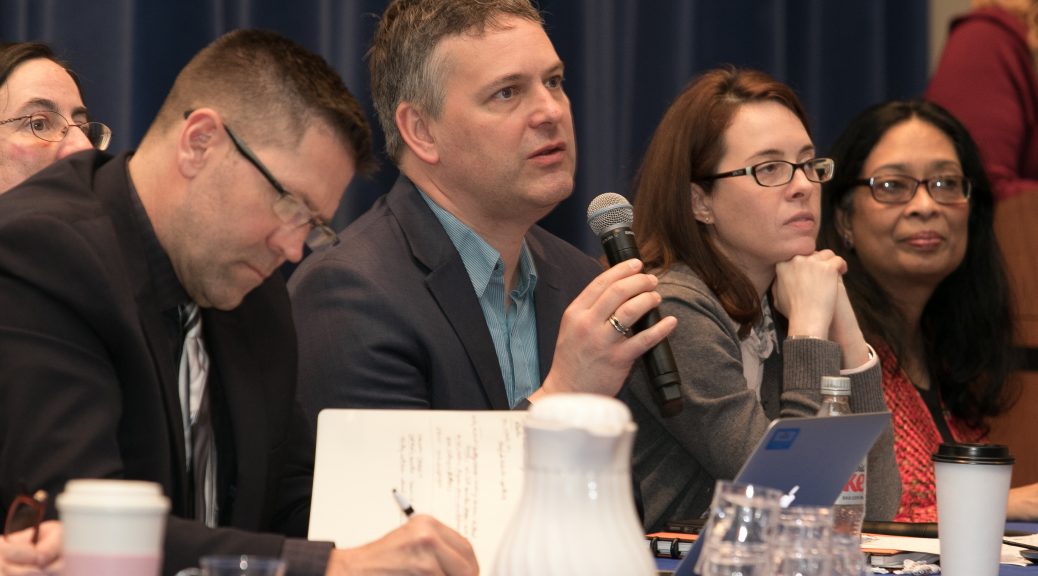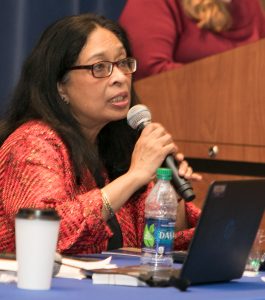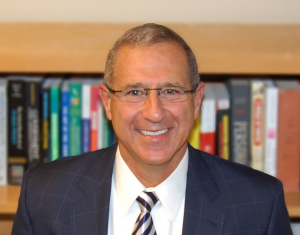NASHVILLE, Tenn. (TSU News Service) – Tennessee State University is continuing an innovative recruitment campaign that aims to meet students where they are.
“Experience TSU” was launched last year to attract the best and brightest students in four major markets – Atlanta, Birmingham, Memphis and Nashville.
TSU President Glenda Glover is leading the campaign to meet potential students face-to-face to ensure their commitment to attend TSU, recruitment officials say.
 Targeted students – about 100 first-time freshmen in each market – have already applied and been accepted to attend TSU.
Targeted students – about 100 first-time freshmen in each market – have already applied and been accepted to attend TSU.
This year’s “Experience TSU” visits are scheduled for Atlanta on March 10, Memphis on March 17, and Birmingham on March 21.
“We are continuing this annual effort by visiting major cities in an effort to close the loop on students who have been admitted to the university,” says Dr. John Cade, vice president for Enrollment Management and Student Success. “This is an initiative that began last year and it proved to be very beneficial to us with respect to a better quality of students.”
In 2016, President Glover announced sweeping changes that raised admission standards to attract the best and brightest. Minimum requirements for incoming freshmen went up from a 2.25 GPA to 2.5, while the ACT score remained at 19.
 Following the announcement, TSU launched several major efforts in its recruitment drives, including a near 40 percent discounted tuition rate for students in counties within 250 miles of Nashville; presidential scholarship receptions for students in their communities; and on-site recruitment fairs, among others.
Following the announcement, TSU launched several major efforts in its recruitment drives, including a near 40 percent discounted tuition rate for students in counties within 250 miles of Nashville; presidential scholarship receptions for students in their communities; and on-site recruitment fairs, among others.
“’Experience TSU’ is part of these efforts to get a commitment from admitted students that they will be enrolling at Tennessee State University this fall,” Cade says. “The average student has about five schools to which they have been admitted. We want to make sure TSU is their choice. We believe that the face-to-face encounter adds a personal touch. It removes any barrier, and students are able to put names to faces and to get a warm and welcoming feel about what they will experience when they get to Tennessee State University.”
 Terrence Izzard is TSU’s associate vice president for Enrollment Management and Student Success. He is directly responsible for recruitment and admissions.
Terrence Izzard is TSU’s associate vice president for Enrollment Management and Student Success. He is directly responsible for recruitment and admissions.
He says “Experience TSU” is a way of “personally congratulating these students for applying and being accepted” to TSU.
“We want to personally welcome them to the TSU family and let them know of all the wonderful opportunities to grow and learn while here at Tennessee State University,” Izzard says. “There are all kinds of ways to tell the story of TSU, such as through the media, newspaper and television. But we want students to experience TSU through us, and that’s why our team, along with our president, is taking the time to go and help our newly admitted students experience TSU.”

In Memphis, the “Experience TSU” team has in its sight on Shariah Edwards, a graduate from Power Center Academy High School, a charter school, who made national headlines last year for being accepted to 149 colleges. Along with the acceptance, Edwards received more than $7.6 million in scholarship money. TSU was one of her top choices.
According to Cade, TSU has offered Edwards a full-ride scholarship to TSU. Additionally, President Glover has personally reached out to Edwards and her parents to encourage her to come to TSU, Cade said.
Department of Media Relations
Tennessee State University
3500 John Merritt Boulevard
Nashville, Tennessee 37209
615.963.5331
About Tennessee State University
With more than 8,000 students, Tennessee State University is Nashville’s only public university, and is a comprehensive, urban, co-educational, land-grant university offering 38 bachelor’s degree programs, 25 master’s degree programs and seven doctoral degrees. TSU has earned a top 20 ranking for Historically Black Colleges and Universities according to U.S. News and World Report, and rated as one of the top universities in the country by Washington Monthly for social mobility, research and community service. Founded in 1912, Tennessee State University celebrated 100 years in Nashville during 2012. Visit the University online at tnstate.edu.
